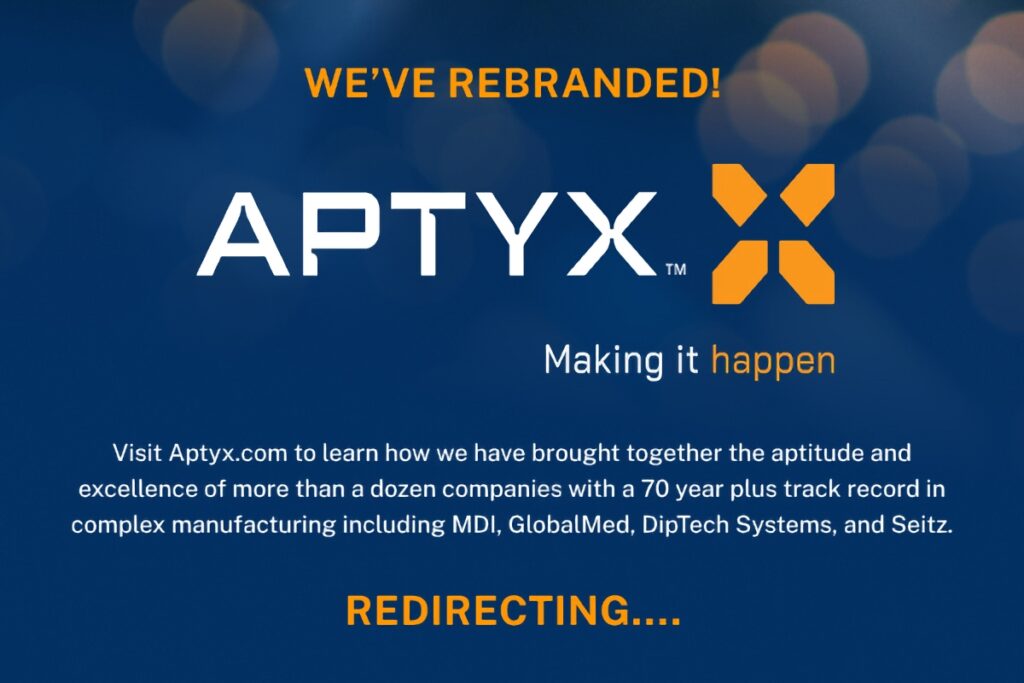The Dip Molding Process
Dip molding is the process of dipping a mold into a polymer to create a molded component. Plastisol is a suspension of PVC particles in a plasticizer. This is the most commonly used dip molding material because it is easy to process and affordable. Neoprene molding is when the mold is dipped in an alternative material known as neoprene. Other materials such as latex and urethane can also be used in dip molding applications.
Dip Molding Benefits
The neoprene molding process (dipping the mold in neoprene) is ideal for many applications. Below are some of the benefits:
Tooling: The tooling costs and lead times for dip molding tooling is substantially less than the typical cost and lead time as compared to that of tooling for other custom plastic manufacturing process.
Geometry: At MDI, we can provide custom plastic molding shapes. Our unique mold-making techniques allow us to create a custom molding to fit your needs. Due to the uniqueness and flexibility of the dip molding process, it is easier to achieve a wall thickness that is much thinner or thicker than with other plastic manufacturing processes. Should a wall thickness change be required after tooling is completed, it easier to accommodate this change using the dip molding process.
Volume Requirements: All of our facilities are set up to accommodate prototypes and low production volumes in our manual dip molding cells. Likewise, each of our plants are also equipped with automated dip molding production lines to support high volume requirements, while maintaining low production costs.
Materials: PVC/ Plastisol is the generic name for the raw material MDI uses for dip molding. It is liquid at room temperature and gels to a solid during the molding process. When heated, Plastisol fuses and is converted into a tough, homogenous mass with excellent abrasion, aging, corrosion, and electrical resistance; never to liquefy again. It can be compounded in almost any hardness, clarity, and color and can be pumped or sprayed. The surface appearance can go from shiny to matte to foam.
Plastisol can also be compounded to meet many standards, including FDA food contact, non-toxic, USP Class VI, UL, & MIL-P-20689. In addition, MDI is also now dipping in neoprene as well.
Call us at today 1-800-852-1472 or use our contact page and we will respond within one business day to begin helping you with your molding needs.
HAVE A QUESTION?
WE ARE HERE TO HELP!

